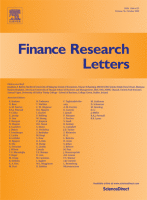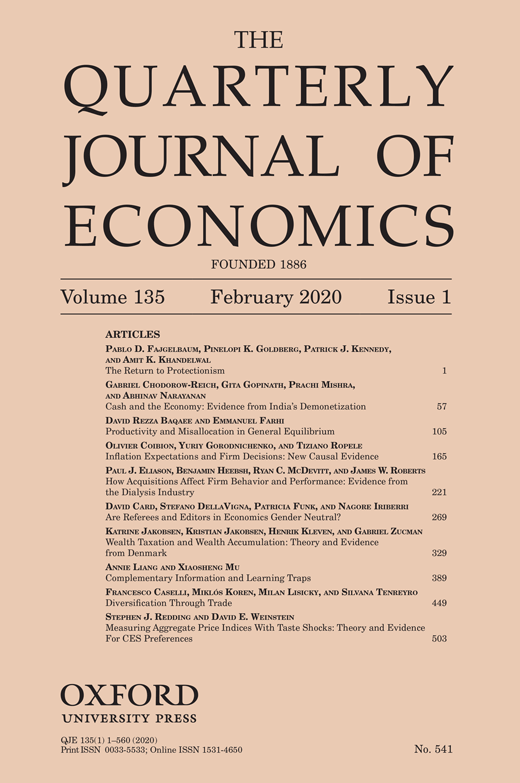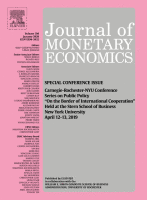
The special issue of Emerging Markets Finance and Trade (EMFT) represents the very first special issue on COVID-19 from a business and economics point of view. EMFT is, therefore, proud to be the first journal to compile literature on COVID-19.

During the ongoing COVID-19 pandemic in the US, there has been considerable media attention regarding several US legislators who traded stocks in late January through February 2020. The concern is that these legislators traded in anticipation of COVID-19 having a major impact on the financial markets, while publicly suggesting otherwise.

We review the literature that studies the dynamics of firms in foreign markets, both at the intensive and extensive margins, and their aggregate implications. We first summarize a set of micro facts on exporter entry, expansion, contraction, and exit and macro facts about the response of aggregate trade flows to trade-policy and business-cycle shocks.

We evaluate the impact of the US-China trade war using a dynamic computable general equilibrium (CGE) model of global trade. We conduct ex ante simulation analysis exploring three scenarios to understand how the trade war affects import tariffs, investment, and productivity.

A widely held view is that openness to international trade leads to higher income volatility, as trade increases specialization and hence exposure to sector-specific shocks.

As COVID-19 spreads around the globe, fears of a deep global recession are mounting. Some also fear that food supplies may start running short, especially if supply chains are disrupted. Others fear that agricultural production may be disrupted by containment measures that restrict workers fromharvesting and handling crops.

While the lockdowns imposed in countries across the world in the wake of COVID-19 will be lifted eventually, social distancing (both voluntary and selective) is likely to stay for longer. This has already had, and will continue to have, a significantly adverse impact on services transactions that require proximity between buyers and sellers.

This paper studies the effects of unexpected changes in trade policy uncertainty (TPU) on the U.S. economy. Three measures of TPU are constructed using newspaper coverage, firms’ earnings calls, and tariff rates.
